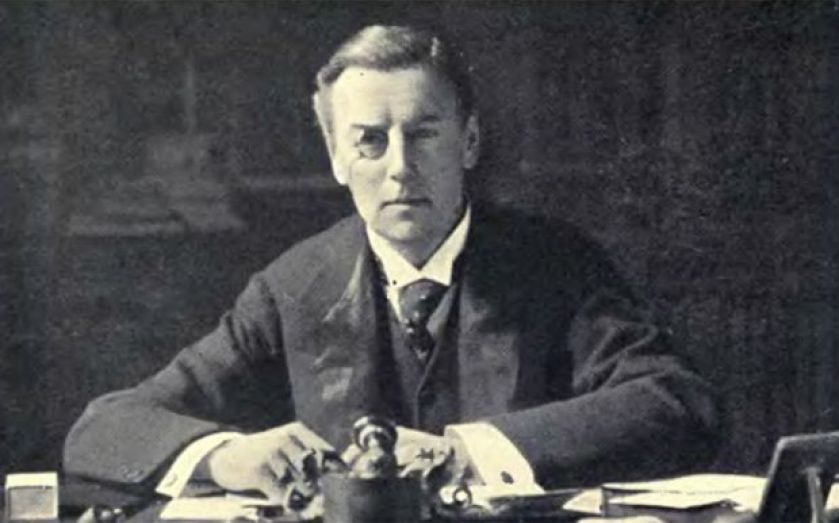We can help mend our fractured economy – by passing powers to cities

AT LONG last, the economy is growing. But as business leaders constantly told me during my economic review, deep structural problems need urgent attention – mass youth unemployment, skills shortages, too few high growth companies which innovate and export, poor infrastructure, and excessive centralisation on Whitehall.
The facts are stark. Nearly one in five under 24-year olds are out of work or training. UK R&D and productivity are far lower than for our main competitors. We have barely a third as many young apprentices as the Germans; our infrastructure is rated twenty-eighth globally by the World Economic Forum; and the UK’s balance of payments is the worst for 50 years.
These deep-seated problems can only be tackled with a long-term plan for better jobs – not just more jobs.
On skills, we need a big increase in the quality and quantity of youth apprenticeships, with business-led Local Enterprise Partnerships persuading far more employers to offer them (barely one in ten do so now). We also need better technical education for teenagers, better careers and employment advice in schools, and more good maths and science teachers.
On innovation and growth companies, we need more applied innovation centres on the model of the successful German Fraunhofer Institutes, backed by the government and the private sector. And small firms need far better access to government procurement and research contracts, which the US experience has shown is crucial to scaling up successful small enterprises.
On infrastructure, we need an Independent Infrastructure Commission to set out national infrastructure requirements for the next 20 years, and a government prepared to act on its recommendations, including in sensitive areas such as airport expansion and new power stations. A decade of inaction on runway capacity in the South East is inexcusable, and the threat of power cuts is alarming.
We also need to create strong city regions across England, with powers and budgets handed down from Whitehall to promote growth. “Combined Authorities” should be encouraged, whereby local authorities across city and county regions combine for common strategic purposes, similar to the role of the mayor of London. Independent Local Enterprise Partnerships should be strengthened to give businesses a direct say over policy priorities.
The establishment of the mayor of London and the Greater London Authority has been one of the best pro-growth reforms of the last 15 years. The new London government has overhauled buses and trains, transforming services for the better; tackled congestion; and constructively supported business through the development and planning process. The mayor of London should get more responsibility – and England’s other great city regions should learn the lesson.
During my tour of England’s regional cities for the review, I found far more people who could name the mayor of London – and his predecessor – than the leader of their own local authority. England’s provincial cities need a new generation of Joseph Chamberlains, and the sooner the better.
Lord Adonis was transport secretary in the last government. His independent review for the Labour Party, “Mending the Fractured Economy,” is published today.